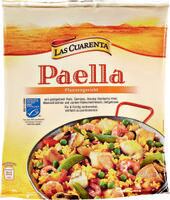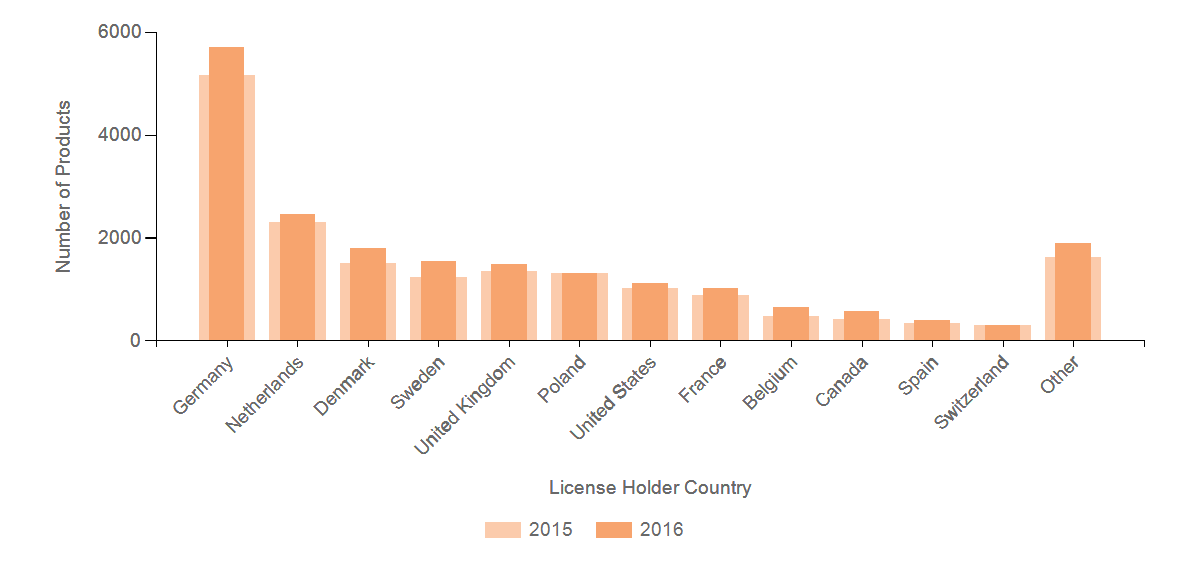German retailer Netto’s Las Cuarenta Paella has become the 20,000th product to bear the blue logo.
“Just nine years ago, there were only 1,000 MSC labelled products on the market, today we can celebrate 20,000. This is a remarkable turnaround which illustrates how consumers are embracing sustainable seafood,” a spokesperson said to FoodNavigator.

An international 9000-strong survey commissioned by the MSC in 2014 found that 90% said they were concerned about ocean sustainability.
Ethical Germany

According to the MSC, Germany is the most developed market for certified sustainable seafood consumption with 5,700 MSC products on sale.
Hard discounters Netto, Lidl and Aldi all sell MSC certified products, and Netto has pledged to source and sell only MSC-certified seafood in the long-term.
The purchasing power of Germany’s ethical consumers is growing – the country has the Europe’s largest market for organic products – worth £6.4 billion (€8.1bn) in 2014 according to a Soil Association report published yesterday – while in 2014 German Fairtrade-certified products recorded the strongest absolute growth since the founding of the label, growing in value by 26% and sales hitting €827 million according to German certification organisation TransFair.
Asia is also a growing market for the body, said the spokesperson. “In Asia, there were significant developments including certification of the first fishery in China, India and the introduction of MSC seafood in South Korea. Europe continues to be the MSC’s biggest market but with interest from China and other parts of Asia-Pacific, the sustainable seafood market is set to grow even further.”
‘Clear, consistent and less confusing’
The number of products containing certified sustainable seafood is actually greater than 20,000 – in 2014 the MSC reported there were 23,000 products containing certified seafood – but the organisation has changed the way it reports on the scope of its certification.
While the higher figure included ingredients usually sold in bulk to retailers, caterers or manufacturers for onward processing, meaning they are invisible to the final consumer, the 20,000 figure refers to consumer-facing products only.
This means it is "clear, consistent and less confusing", and is easier for consumers to choose sustainable seafood, said the organisation.
MSC-certified products are available in over 100 countries and the scheme covers more than 100 different species of fish and seafood sourced from over 280 sustainable fisheries.
The organisation’s online product finder allows consumers to search for a full list of certified seafood by retailer or brand name, species, product type and country.
